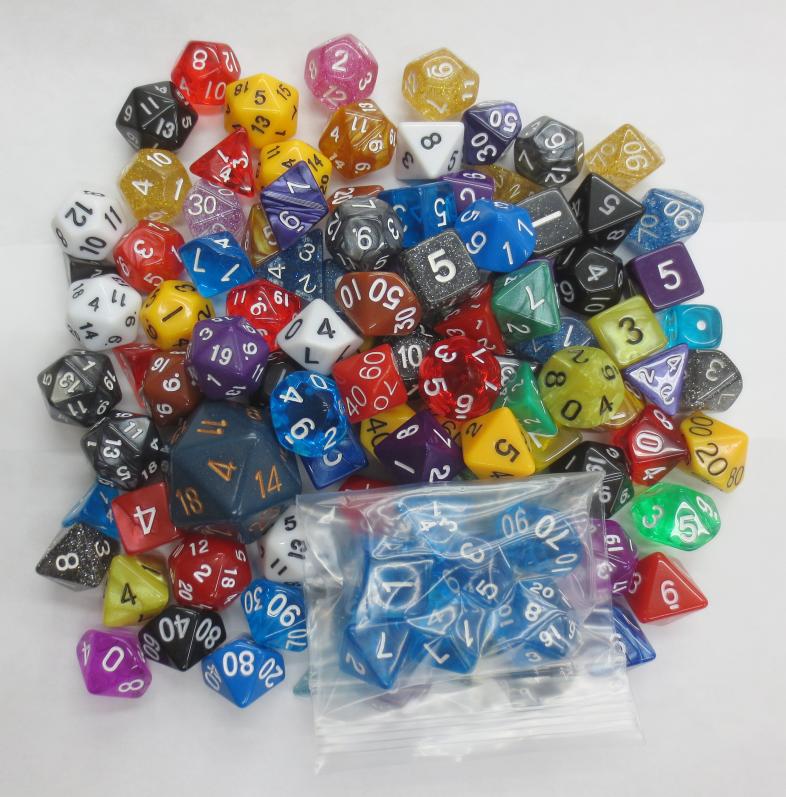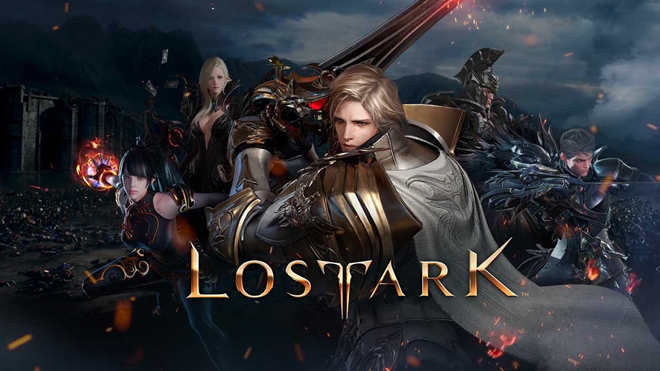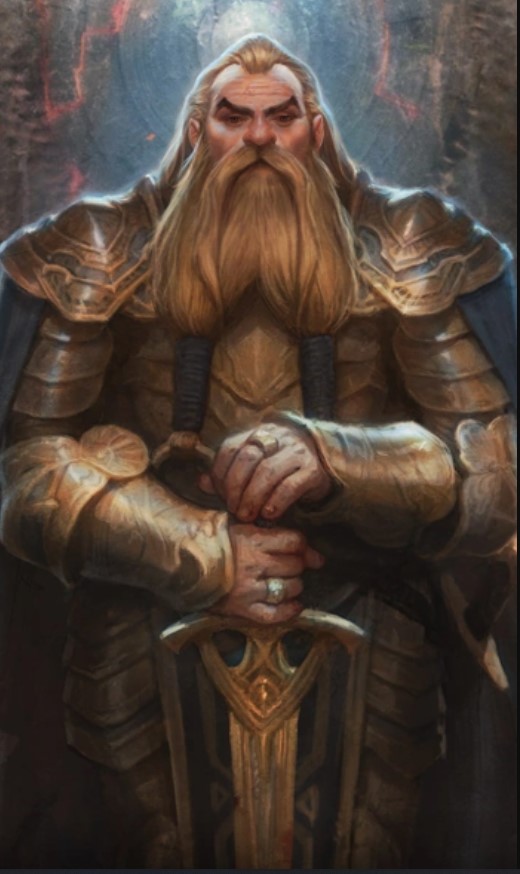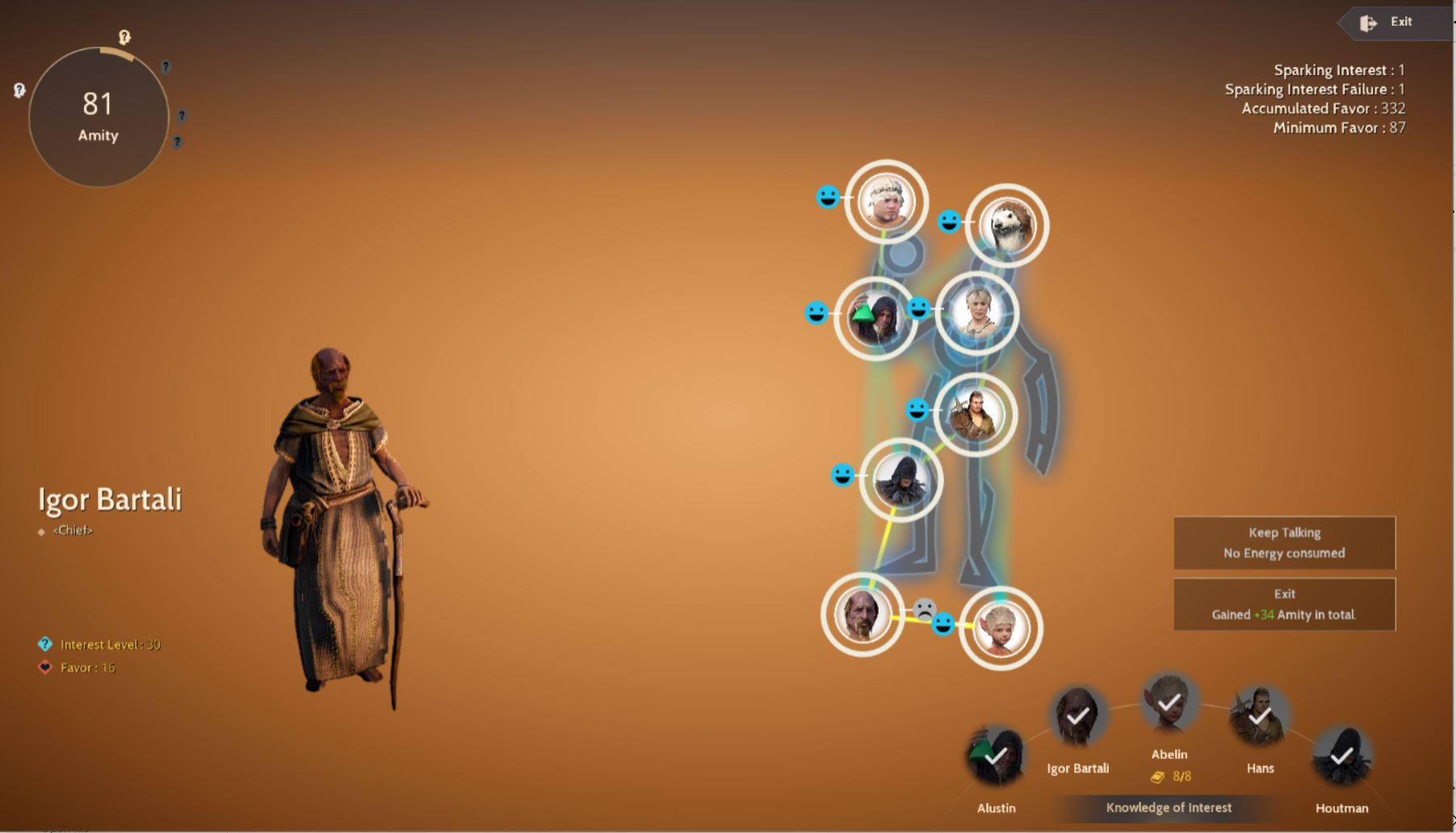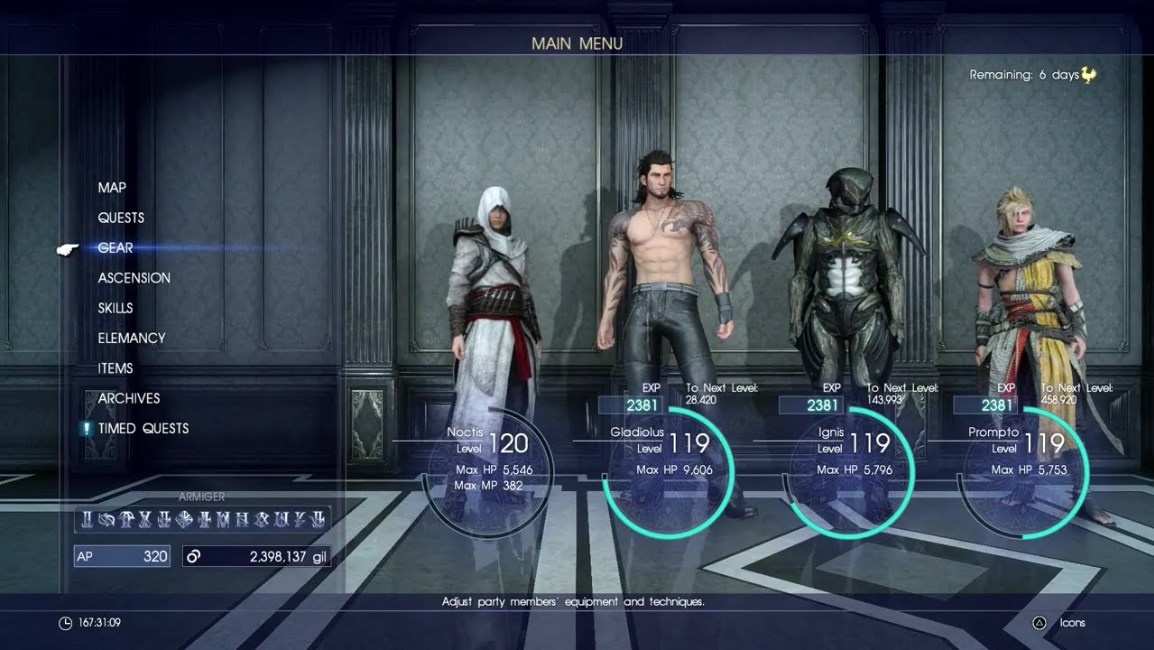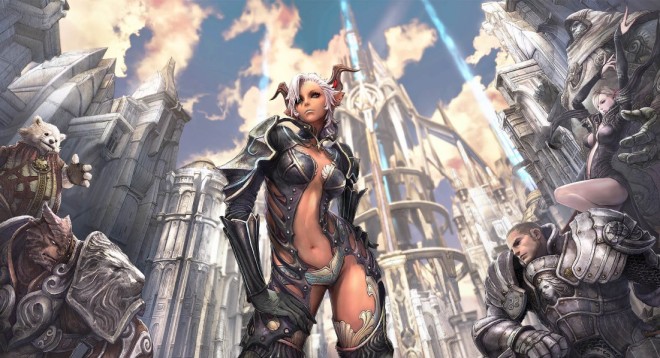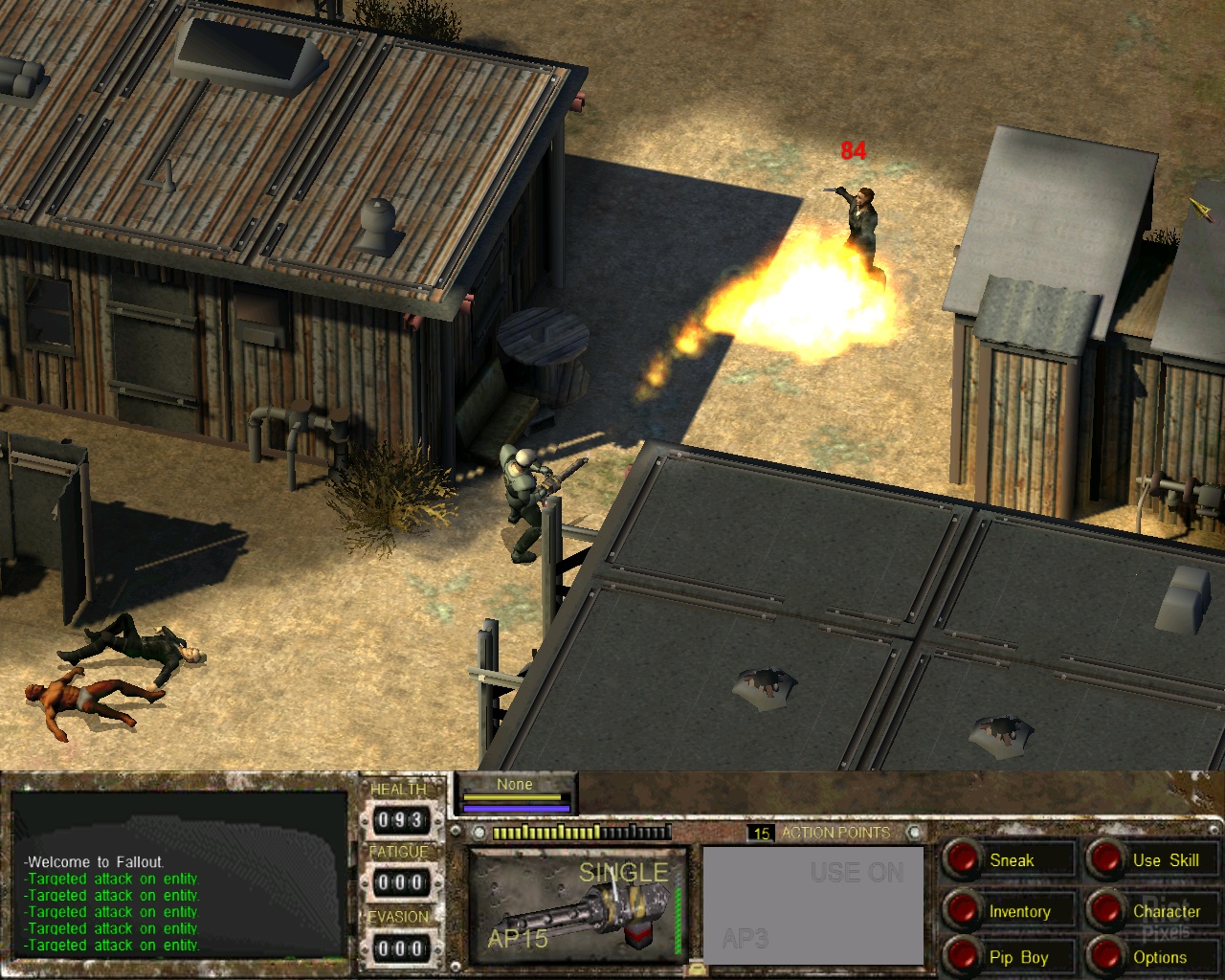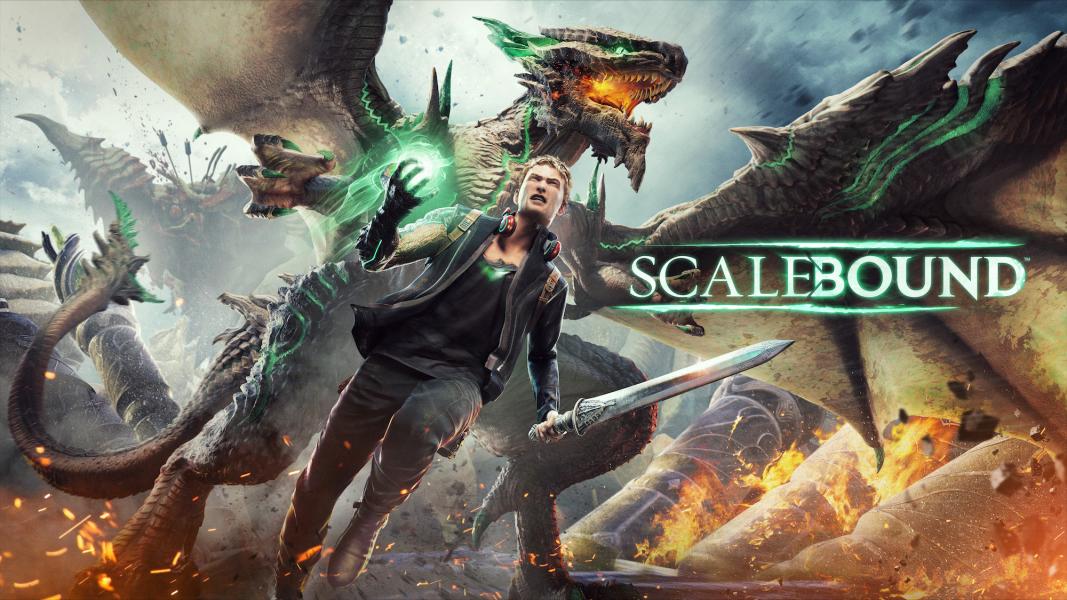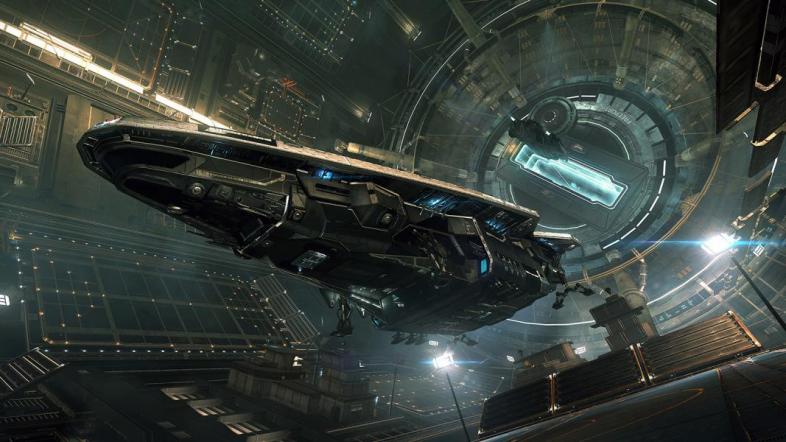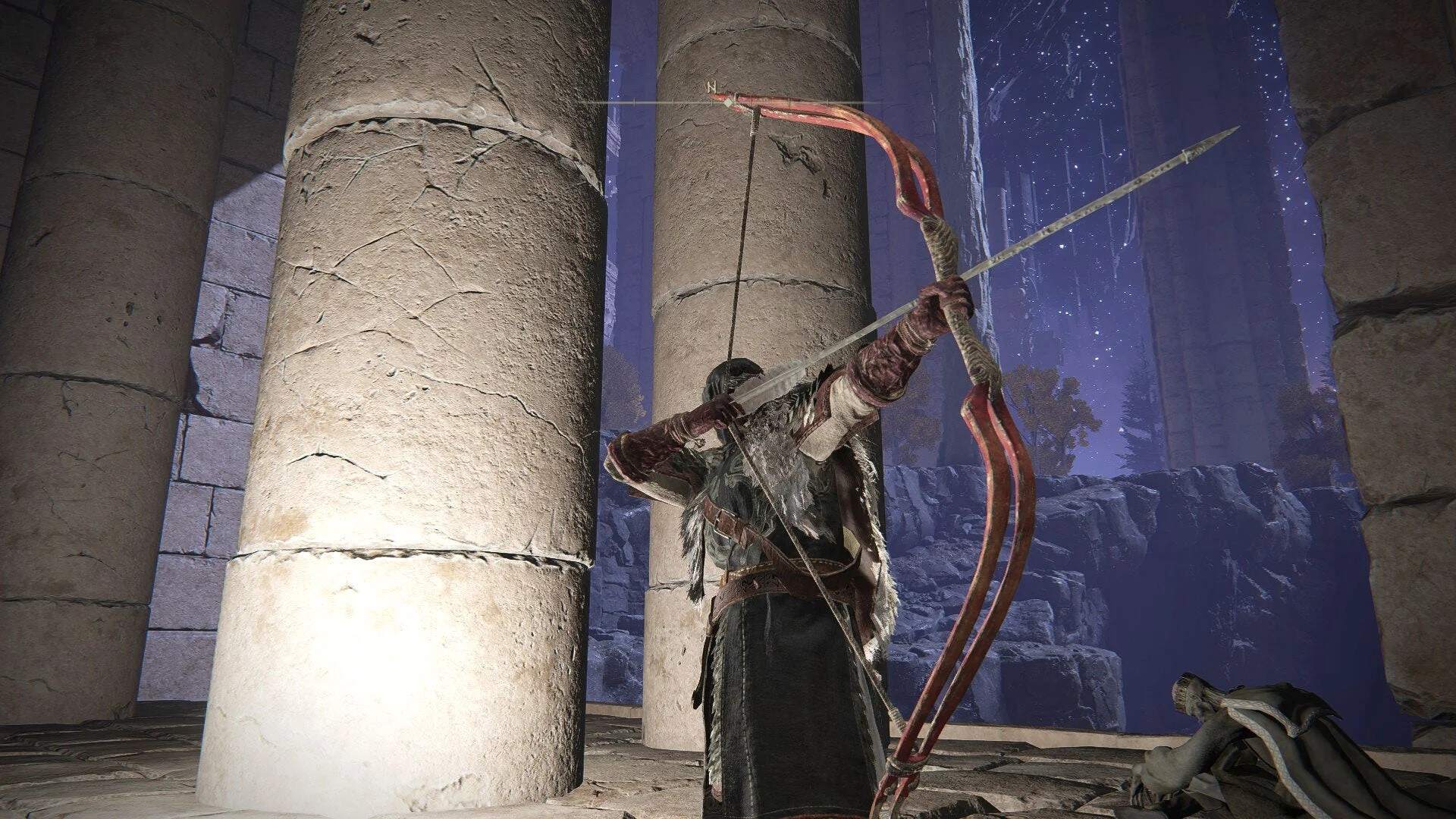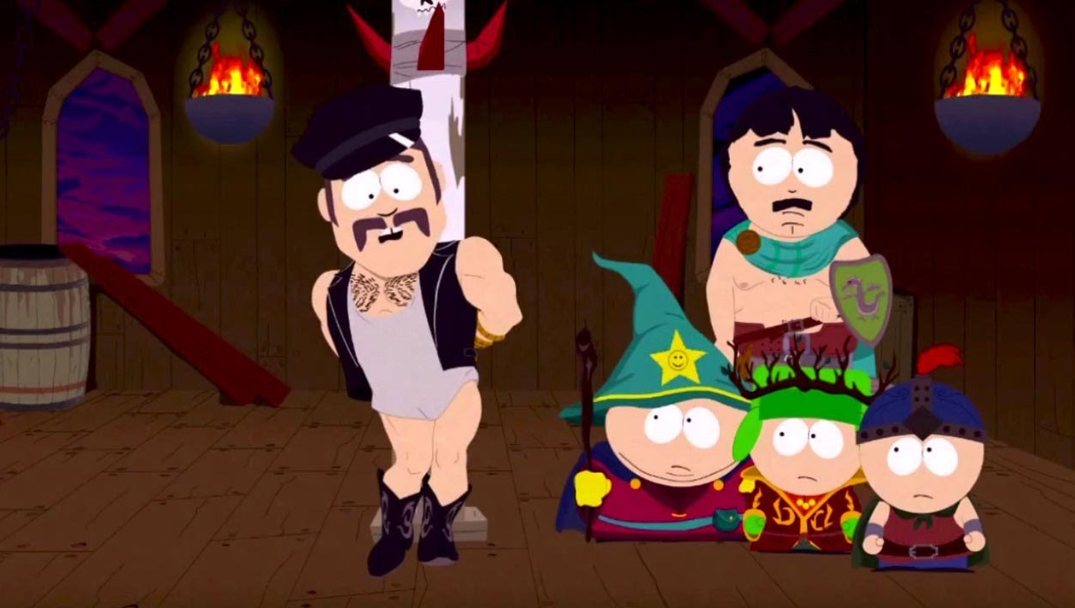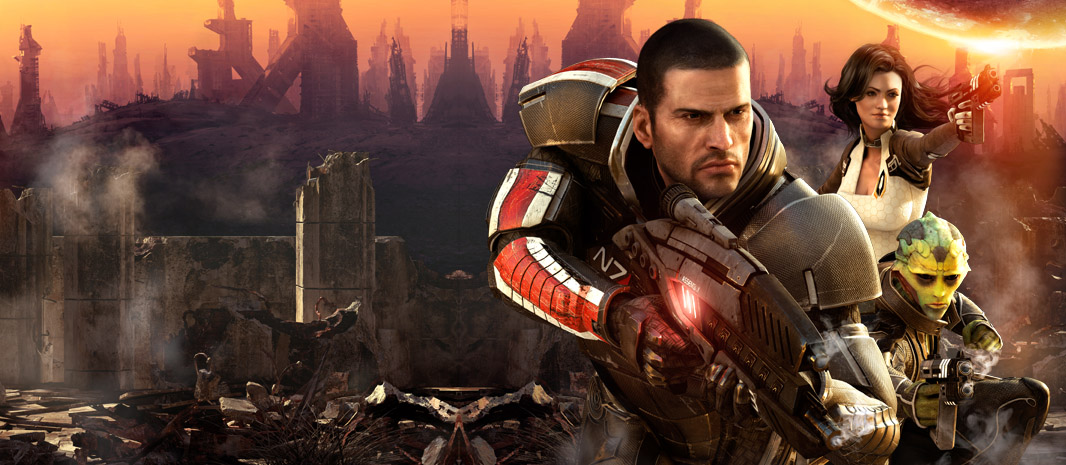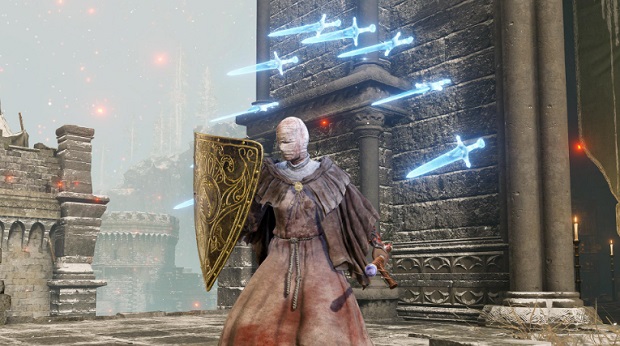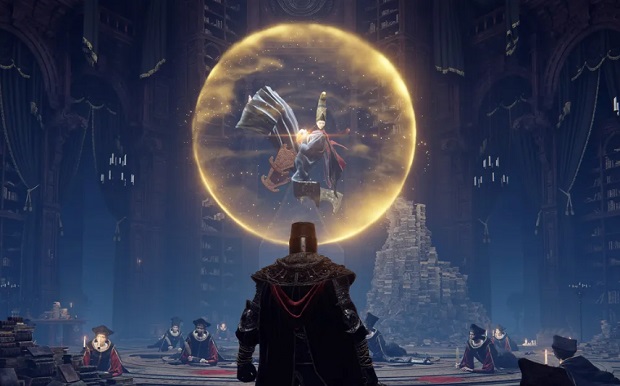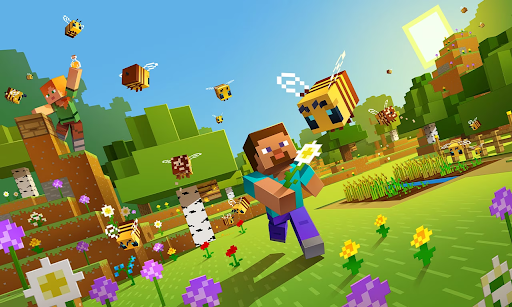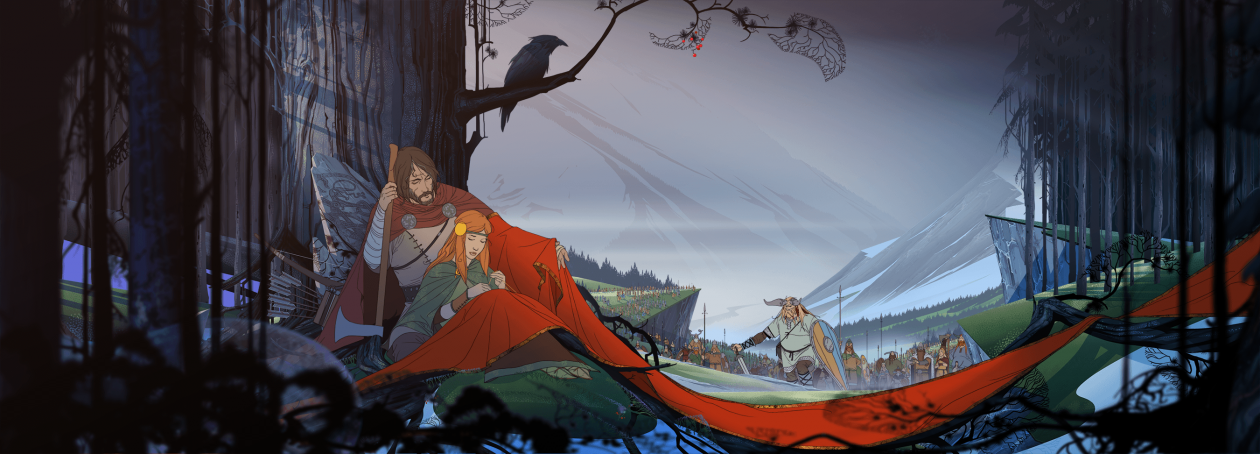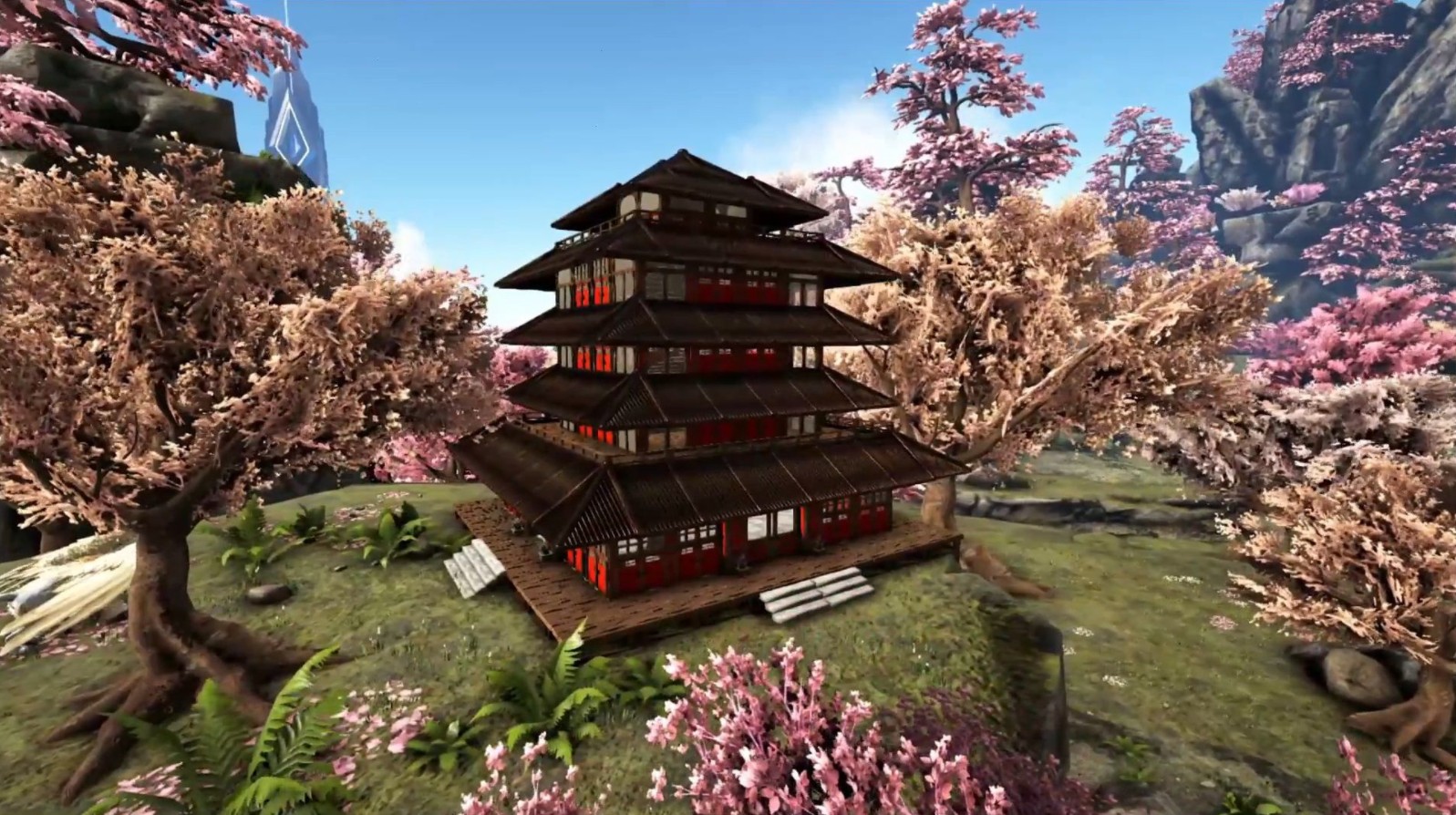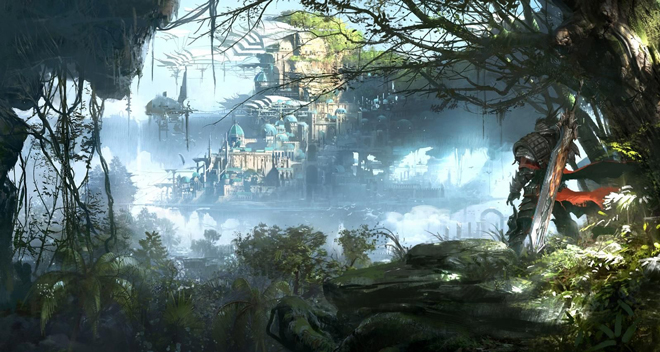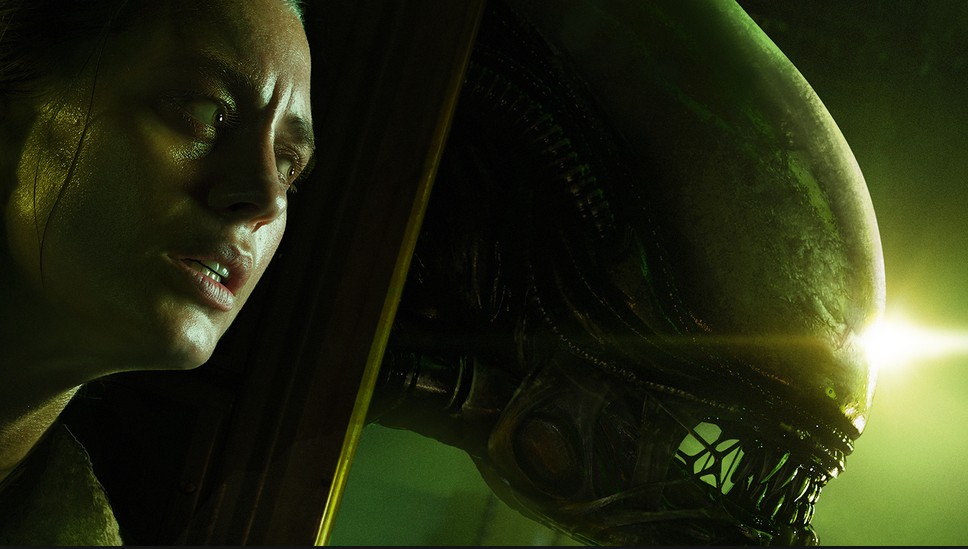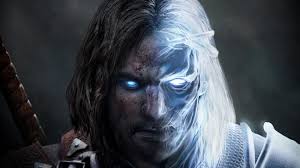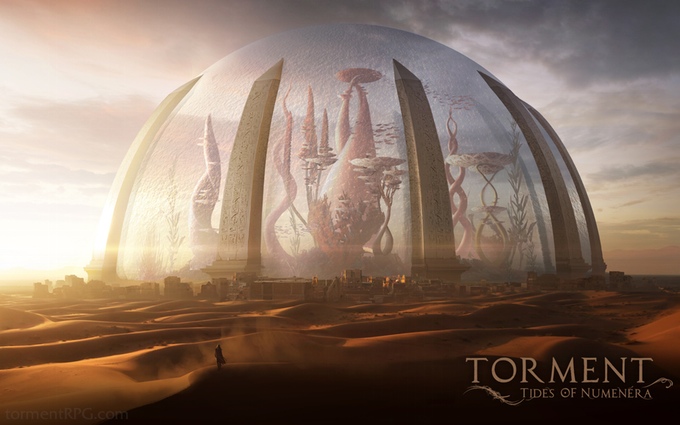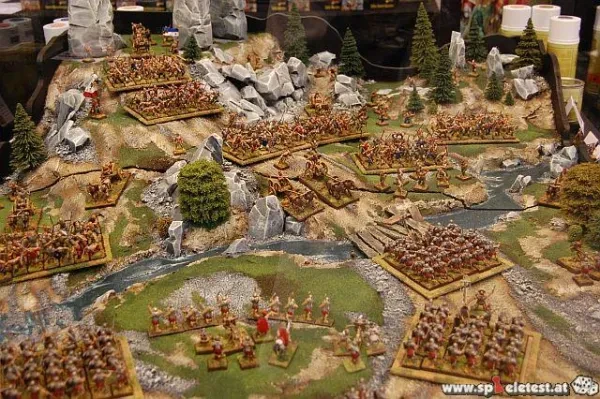
How it began
- Role-playing games began in the 1970’s with fantasy wargames that had specific rulesets. The first game was Dungeons and Dragons.
- The Father of RPGs would have to be either Dave Arneson or Gary Gygax, creators of the first role-playing game Dungeons and Dragons.
- These games took inspiration from Chess and other battle emulation games played in the past two centuries.
History of the RPGs
- Tabletop games were the first RPGs made in the early 1970’s. They gained a rising popularity since their beginning and have maintained a fair reputation throughout the years within the fan bases.
- The RPG gamebooks began alongside the same time as tabletop games, although these were an off-shoot of an idea that had existed for thirty years with the “Choose Your Own Adventure” series. They began becoming really popular, and reaching worldwide acclaim, in the late 70’s. Around the 90’s, that acclaim began to decline.
- PC rpgs rose to fame alongside advances in home computing in the early 90’s. With franchises such as Elder Scrolls, Diablo and The Witcher being notorious to all video gamers, PC rpgs have never really lose their fame.
- Empire of the Petal Throne, created in 1975, introduced the concept of “Critical Hits”, or doing above normal damage to an opponent.
- Role-playing games began making its way across the world in the 80’s, Western Europe and Japan being some of the first few spots for popularity outside of America.
- The growing popularity soon translated to video games and animated TV shows, also in the 80’s.
Interesting Facts
- The first edition of Dungeons and Dragons included a recommended reading list for twenty-five authors, which encouraged fans of the games to read more about the types of worlds they were playing in.
- The main two genres for RPGs in the beginning were Fantasy and science-fiction, each one with a different way to play the game. One example was Gamma World, which held many similarities with Dungeon and Dragon rules, but had characters create the character by choosing two cards randomly from a deck rather than doing it from scratch. Another game, Champions, threw out dice rolling for stats in place of giving players points to put into the stats.
- Avalon: The Legend Lives, is credited as being the first RPG created to have the history of their game be driven by the player’s actions. This was done through the use of stature-based progression and an economic system. Players would vie for control of the most important statuses, allowing them to take over the governments if they were skillful enough.
- When communism fell, the popularity of role-playing games allowed the spread to former-soviet controlled countries such as Poland, which is the home country for the writer of The Witcher.
- To increase sales of their core books, Wizards of The Coast, a big name in RPG games, allowed other companies to have Open Gaming Licenses. This allowed them to produce games that could use the Dungeon and Dragons core books for rules and structuring gameplay.
- While RPGs have inspired video games and television shows due to their popularity, the opposite has also been true. Franchises such as Star Wars, Star Trek, Lovecraft and even the arcade classic Rampage have gotten their own table-top games for people to play.
- The biggest obstacle people have with getting into RPGs is learning the many rules of each game. They must have a friend who knows or have enough interest to look up the rules. Otherwise, they will probably not get into it.
- Those who don’t understand RPGs sometimes cause a lot of trouble for the industry. The Publisher Steve Jackson Games was raided by the Secret Service due to a misunderstanding that their fantasy technology game Cyberpunk meant they were computer hackers.
- RPG video games helped introduce a lot of people to the genre, mainly those who could not get a consistent group together for tabletop RPGs.
- To determine the function and nature of RPGs, the Scandanavians held academic conferences, called knuutepunkt conferences. These meetings started in 1997, and still continue to this day. Think of this as sort of the oversight group for RPGs to help keep the genre alive as the interests of people change.
- Between Magic the Gathering and the various Dungeons and Dragons-esque games, Wizards of the Coast is one of the most popular RPG gaming House.
- Dungeons and Dragons Pathfinder is the biggest table-top role-playing game at this time.
Biggest RPGs in History
- Dungeons and Dragons
- World of Warcraft
- Diablo
- The Elder Scrolls
- Baldur’s Gate
- Fallout
- Borderlands
- Warhammer
- The Witcher
- Dragon Age
Interesting Facts about how RPGs Work
- RPGs are typically done using three different ways to do role-playing. They are paper and pencil, paper and pen or with live-action role-playing.
- RPGs focus on a set of rules for their world, but the most fun any player will have is taking time away from a main storyline to explore the world and maybe do some things the player wants to do.
- A great RPG will also have a way for you to interact with a world that goes beyond civilization. Whether it be paying respects to a deity or turning a forest and its residents into a sanctuary, a world that you can morph through building strong relationships is one worth visiting.
- What can really bring in players into an RPG is excellent dialogue. Why explore, fight and more likely than not save a world if you cannot come to care for the characters?
- Many games nowadays rely on the players to impact the world that they have created. This is often done with events in the game and economies and politics affected by players, which allows the game to change hands from creators to players so that they may develop the game and deliver it to whatever future it may be. A good example is Eve Online, where players quickly learn that they are in complete control of the economy.
- RPGs use expansive worlds, but some games, like Warhammer, can also make use of a singular setting for battles between armies.
- RPGs have a lot of options for player interactions, such as Player versus Player, trading, instances that have players band together to defeat a very powerful foe, and sometimes racing games.
- RPGs rely on the variety of classes available to players. They can try out the wide variety available, and how it affects team dynamic, and see what works best for them as a group. The diverse bonuses and losses when it comes to races also helps create the customization options.
- In some games, there are sets of armors or weapons that, if equipped together, allows the player to have a much better bonus than wearing anything else.
- Most RPGs have set creatures that players must face in the beginning to level up. Some examples are skeletons, rats, bats, spiders or low-tier enemies in an invading army.
- “Farming” is a term used for when a player kills low-level enemies over and over in one area for a certain reward, either an item or experience points for leveling up.
- Crafting is a pretty big part of RPGs now. If a player finds themselves in desperate need of an item and are unable to purchase it, an alternative method is to find the raw materials and combining them to make the item in question.
- In many RPGs, bigger often means better, and that’s why a lot of powerful foes are enormous beasts and creatures of legend. On the other end of the scale, smaller and weaker foes make up for it by sometimes forming up in fairly-sized numbers.
- When you get much higher levels, certain things become available to you. These can include titles, areas filled with quests and even abilities to become a more integrated part of the game.
- There are some games that include weight capacities in their game. They challenge you to be very selective of what you decide to pick up off the ground, though that does not always make it popular. Luckily, your currency will never have weight.
- Most table-top RPGs have a focus on resource management in the game. Whether it is currency to buy supplies or a point system for building armies in skirmish modes, these games require you to look for the best bang for your buck.
- Some RPGs have tiers of weapons and armor that people work their way up to. In a portion of that, you may have to buy the upgrades necessary to make your weapon or armor all the better.
- It pays to take extra time to look over all the items you require. Just because it isn’t a sword or spell book doesn’t mean that it does not serve a valuable purpose. RPGs rarely have items that do not have some vital use to you.
- Mounts add an extra level to intrigue to some RPGs. They can make traveling much easier, provide extra damage in combat, and also give you another way to customize your overall character’s look.
- Whether it is a table-top game or a video game RPG, you often have to rely on a party of individuals to make notable progress in a game. There are some classes that are considered capable of “soloing” through a world, but there will be a time when you need to consider teaming up with some people to get the most elusive of treasures.
Traditional tabletop RPGs
- Dungeons and Dragons
- Warhammer
- World of Darkness
- Call of Cthulhu
- Pathfinder
- Savage Worlds
- GURPS
- Star Wars
- Star Trek
- Eldritch Horror
Biggest RPG companies
- Wizards of The Coast
- Alderac Entertainment Group
- Paizo Publishing
- Arc Dream Publishing
- Eos Press
- Evil Hat Productions
- Fantasy Productions
- Nightfall Games
- Ral Partha Enterprises
- TSR
Famous RPG Characters
- Fans of the Warcraft Universe know about Arthas, also known as the Lich King. He was formerly a member of the royal family of Lordaeron and tutored by Uther Lightbringer, but a lust for power turned him into one of the most dangerous foes of the Warcraft Universe.
- Those who have played Mass Effect have heard of Commander Shepherd, who the player controls throughout the trilogy. Choosing to be either male or female and one of six different classes, Shepherd must save the universe from a handful of threats, gathering a castt of memorable characters to fight this threat.
- People who read any books by R.A Salvatore are familiar with the character of Drizzt Do’Urden, who is a drow, or dark-elf, ranger who exists in the Dungeon and Dragons Universe. Exiled from the drow underground home, he bears none of the cruelty of his race and instead is one of the most loyal and caring characters in the series, which has allowed him to amass a large following.
- Final Fantasy players probably would cite Cloud Strife as one of the more memorable characters. He is introduced as a mercenary who must learn to become a leader as he battles against the antagonist Sephiroth, another memorable character if the series.
- Often mistakenly called “Zelda” by people who do not play the game, Link is one of the most notable characters of Nintendo. The champion of the kingdom of Hyrule, Link is shown up in many incarnations, traveling across the world to combat many powerful threats to the world. He is most known to be wearing a green tunic and hat, carrying the master sword and Hyrulian shield, and often riding his faithful steed Epona.
How is an RPG made?
- Decide whether your game is played through turn-based combat or have it be driven by having the character follow a set story with limited choices to advance the plot.
- Decide if your game will be set in present day, a different time period, or even a different world.
- On the same note as the former, what professions and types of sentient beings will characters be able to play? There are a core set of classes that you could add, but it is more fun to have them something to do with the world you created.
- Try to find some way that your game will stand out from others. Maybe you make combat a bit different from simply turn-based. Maybe your world changes entirely after every few missions.
- You must have stats that your character can improve as they gain experience.
- You must decide how much impact the interactions have on the world. Is Player versus player, or PvP, possible in your world? Will the non-playable characters, or NPCs, remember the insult that you said before you left town, or will they just take it?
- What mechanics work in your game? You can have everything done with paper and pencil, or perhaps your players must act out everything that they are doing.
- Determine your style of play. You can roll dice to determine how well players perform or have them assume order of action.
- Establish an economy for the world. It doesn’t have to be anything too complicated. Most games have three tiers of currency to help simplify determining how much to make items and services cost. You might even consider throwing in bartering to make it possible for financially handicapped players to get the item they want.
- Most importantly, make it fun.
Elements that MUST be in an RPG
- Character advancement system
- Different roles/classes that players can choose from.
- A world that has no limits to what lands, creatures and adventures players can get involved in.
- A method that players use to do actions, usually dice or cards that have specific instructions on how they can be used.
Most Notable Classes in RPGs
1)Warrior:
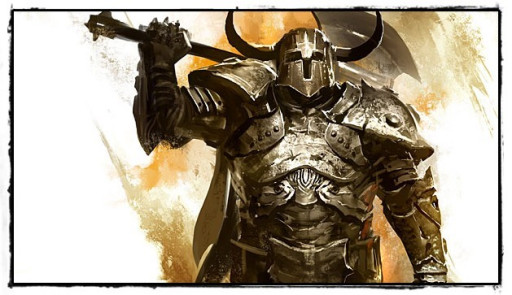
The Warrior is a shining example of how one balance offense and defense.
The Warrior is the go-to melee combatant for players. Another common title for the warrior is the “fighter”. They are often found to be using swords, axes, spears and hammers. They can even choose to focus on bows or exotic weapons if they choose, though those require specific skill choices that take away from other aspects for warriors. They are sometimes referred to as “Tanks”, which is used to say the character has a lot of hit points (HP) and defense that allows them to take on a lot of foes at once, allowing other characters to do damage in freedom. The warrior can be considered one of the most varied class because you have many different options for how they can turn out.
2) Wizard: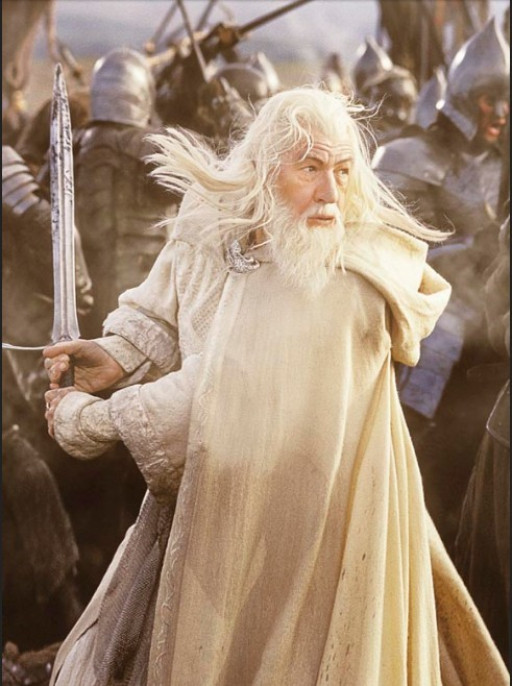
A well-trained wizard is worth a dozen or so non-magical soldiers.
The wizard is the go-to spellcaster for RPG players. They sometimes are portrayed as the more academic when it comes to magic, while sorcerers are more spontaneous and usage-focused. Whichever you choose, you often have to pick from one of several schools of magic. They are conjuration, or summoning, illusion, necromancy and enchantment to name a few of them. This is considered to be a lot more powerful with their damage, sometimes even doing damage within an area. This is called Area of Effect, or AOE.
3) Ranger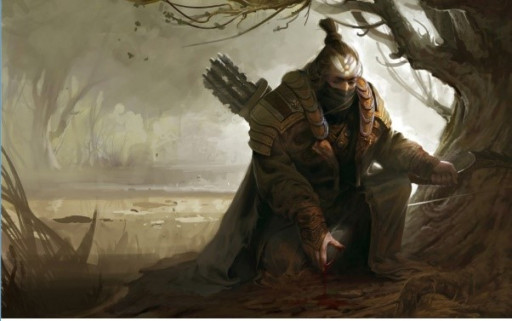
In the untamed and wild areas of the world, a ranger is vital to a successful avdenture.
Rangers are the other choice you have when it comes to long-ranged combat. The character often relies on bows, but also possess some off-hand weapons. Another big perk of rangers is that they often have an animal companion, which usually is based off of their environment. Some games also have your choice of animal companion be determined by your race, like Guild Wars 2. Besides the druid, the rangers are often the most connected to nature. They are often outdoorsman and guides for people who are strangers to the area. There is some variety with this class, but not as much as the warrior.
4) Paladin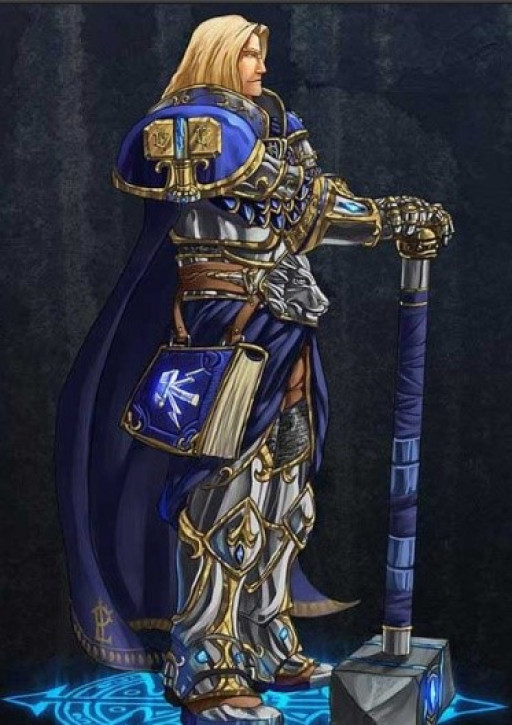
A holy armored warrior, the paladin stands to defend against all that threatens the good people.
The paladin is similar to the warrior, but often are more connected to a deity. In many games, the paladin is supposed to be committed to a cause, usually having them forced into a lawful alignment. They also come with a mount, more often than not a horse. If this sounds similar to a knight, you aren’t wrong. There are similarities between those two classes, but the paladin stands out with their access tiny magical powers. It mostly comes in the form of tiny healing magic, but also they have the power to smite foes that are polar opposites to their alignments. If you are going up against a vile horde of skeletons, the paladin is your guy.
5) Warlock 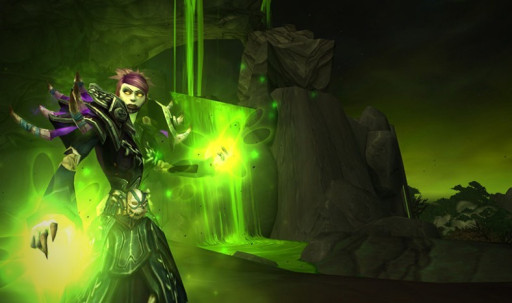
If you are the kind of person to make a deal with the devil, this class is for you.
The Warlock is a very specific type of wizard, most closely related to the necromancer. Rather than dealing with the dead though, the Warlock communes and seeks favor from the realm of demons. Warlocks seek dark power and are willing to make deals with beings that can give them just that. Sometimes, they can work as companions and equals, but often one side is in charge in the relationship. Be careful if you are considering this class, because the power you are craving is going to come at a price. It could be just your pinky finger, but it can go far as your soul and enslavement to a malicious devil.
6) Bard
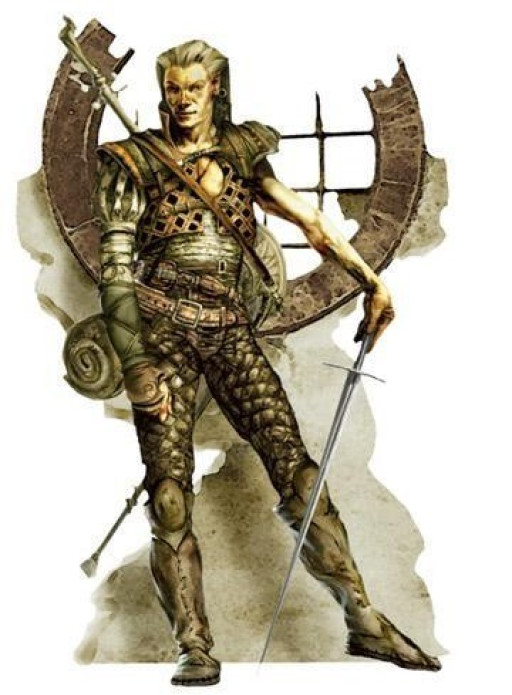
For the musician who wants to play a role-playing game.
The Bard, also jokingly referred to as the most hated class in Dungeons and Dragons, is a spellcaster who gets power from his voice or other artistic creations. This is a clear support class, so don’t pick it if you are a person who wants to have a character renowned for slaying great foes. You’re more likely to be known for winning a singing contest or making your foes so confused, they forgot how to attack. Those this class may seem silly or useless in the grand idea of looting and slaying, the boosts and healing a bard can do may be the saving grace of an adventuring party. Truthfully, a bard may be just as worthwhile a member as a warrior or wizard.
7) Monk: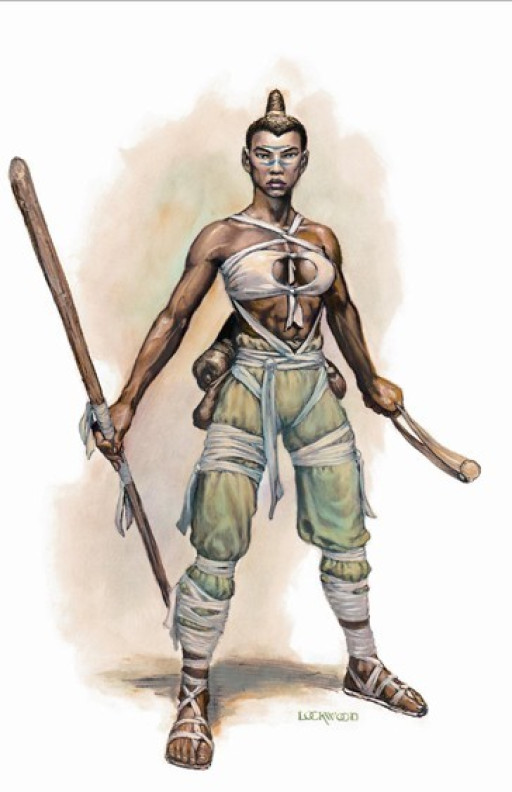
Never has taking a vow for something greater seemed so cool.
Monks are a very interesting class. They are often played as melee combatants wielding exotic weapons, but it is their agility that truly makes them stand out. They are best when their reflex stats are very high, which allows them to strike quickly and efficiently. Think of them as a boxer, very good at throwing a punch, but not good at taking a sword into their side. They aren’t fragile, but their armor will not be as good as your warrior.
8) Barbarian: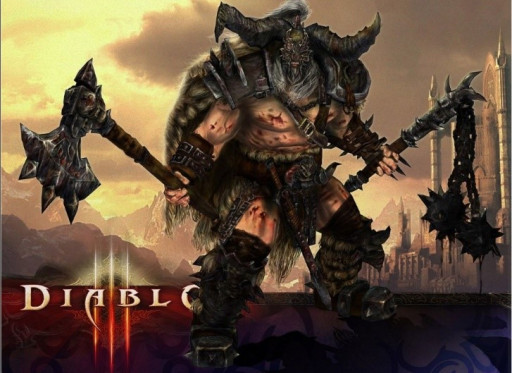
Wreak havoc first, consider who your enemy is later.
Barbarians are honestly for the player who wants to not feel constricted by rules. They are warriors who traded in the heavy armor for a bigger weapon. They are all about doing damage and taking down foes in as few hits as possible. Barbarians do about the most damage of any RPG class, and their armor does not suffer terribly in the overall trade for this. The catch is that the barbarian has to hit harder, because fighting in prolonged combat will take its toll on them, and sometimes their lives as well.
9) Rogue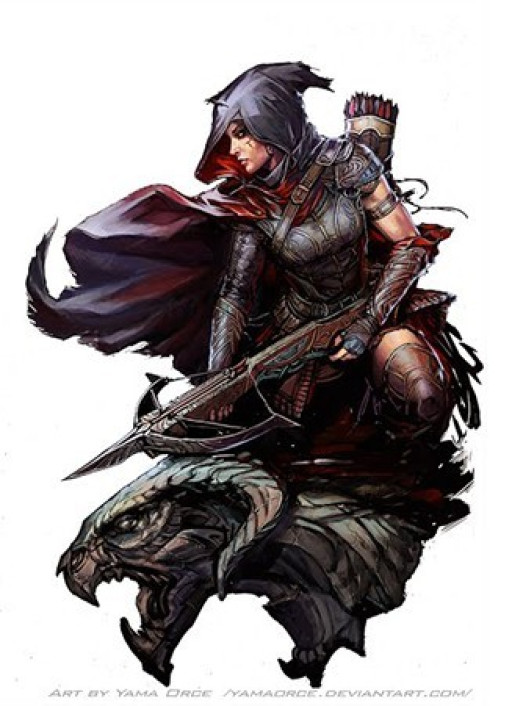
Sometimes the best way to defeating your foe is a weapon through their back.
For the player looking for that secret entrance or the tools to be get into any treasure room, the rogue is the class for you. They operate best when no one is watching. They do extra damage when they get behind a foe. They are the best choice for when a trap needs to be disabled or a distraction needs to be conjured up. They do fair in a fight, but they truly shine when the combat is done and the party is ready to take everything they can carry out of the room. Remember never to piss off a rogue, because their revenge is something you may not see coming.
10) Priest: 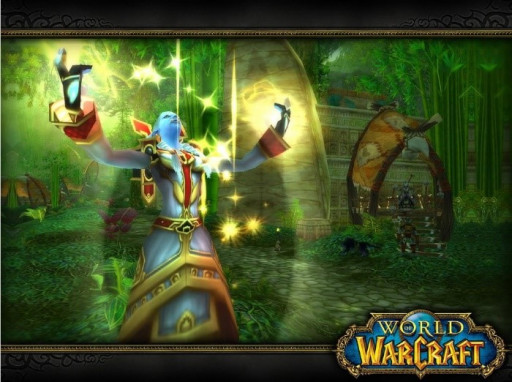
Someone's got to patch the team up after a good fight.
Priests, or clerics as they sometimes are also referred to, are your main healers in the party. Not only that, they also usually have access to a number of spells that reduce or cancel out all damage being done to a character. Pair them up with a tank fighter, or even a barbarian, and you can clear dungeons with the greatest of ease. The party always breathes easier when they know that a priest is in the room ready to heal their wounds should something go wrong. They possess a handful of offensive spells, but they are mostly useful when dealing with the undead or punishing an attacking foe.
11) Knight: 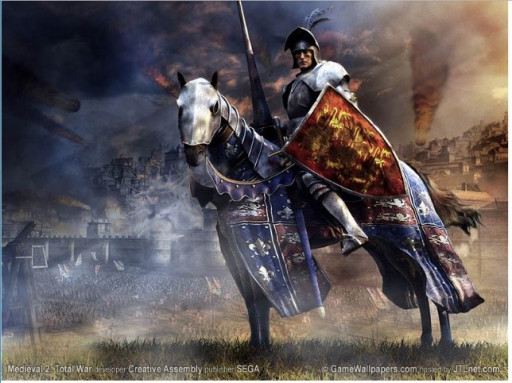
Nothing scares a foe more than someone coming riding into battle, weapon held high and screaming war cries.
The Knight is a warrior that can be found mounted for the most part of a campaign. This allows them to move quickly around the map, and also plays to the strength of their go-to weapon: the lance. Lances do get bonus damage when the wielder does a charge before striking their foe, making the Knight ideal for flanking foes or getting in a powerful first strike. It takes a very tactical mind to use the knight to its ultimate potential, which is probably why characters like that are rather fewer than others on this list. That does not mean that there is not excellent potential for this type of character in a party, but they may not thrive as well when forced to fight in closed quarters.
What started out as a genre populated with nerds and other unpopular cliques has now turned into a widely recognized style of gaming that is constantly being improved upon. Whether you play on a board, a video game console, or prefer to use just pen and paper, there are more options to get into the game than you can count. No matter which game you decide to pick up, what you learn in that game will be applicable to all others, thanks to the work of past innovators working to make the RPG community tight-knit. It is a genre that has always welcomed all who wanted to get involved with open arms, and that has allowed to be one of the most well-known genres in the gaming world today.
